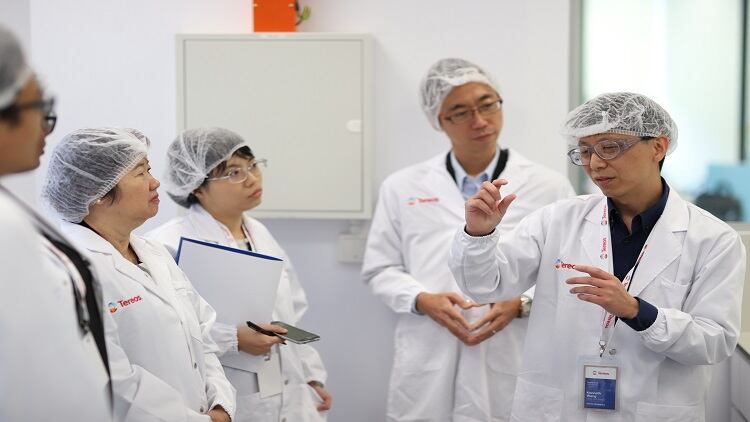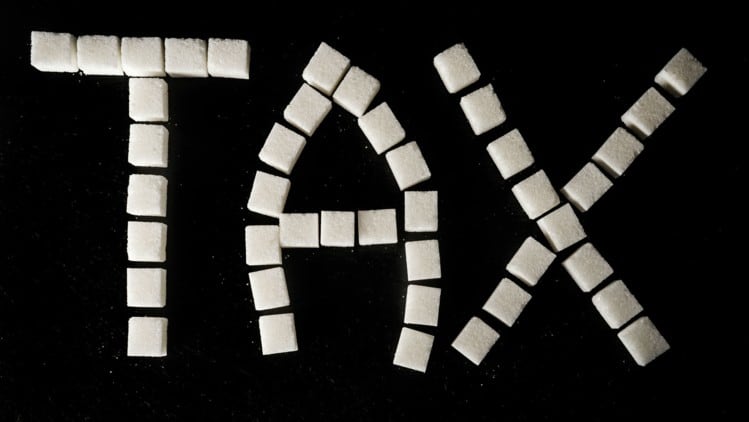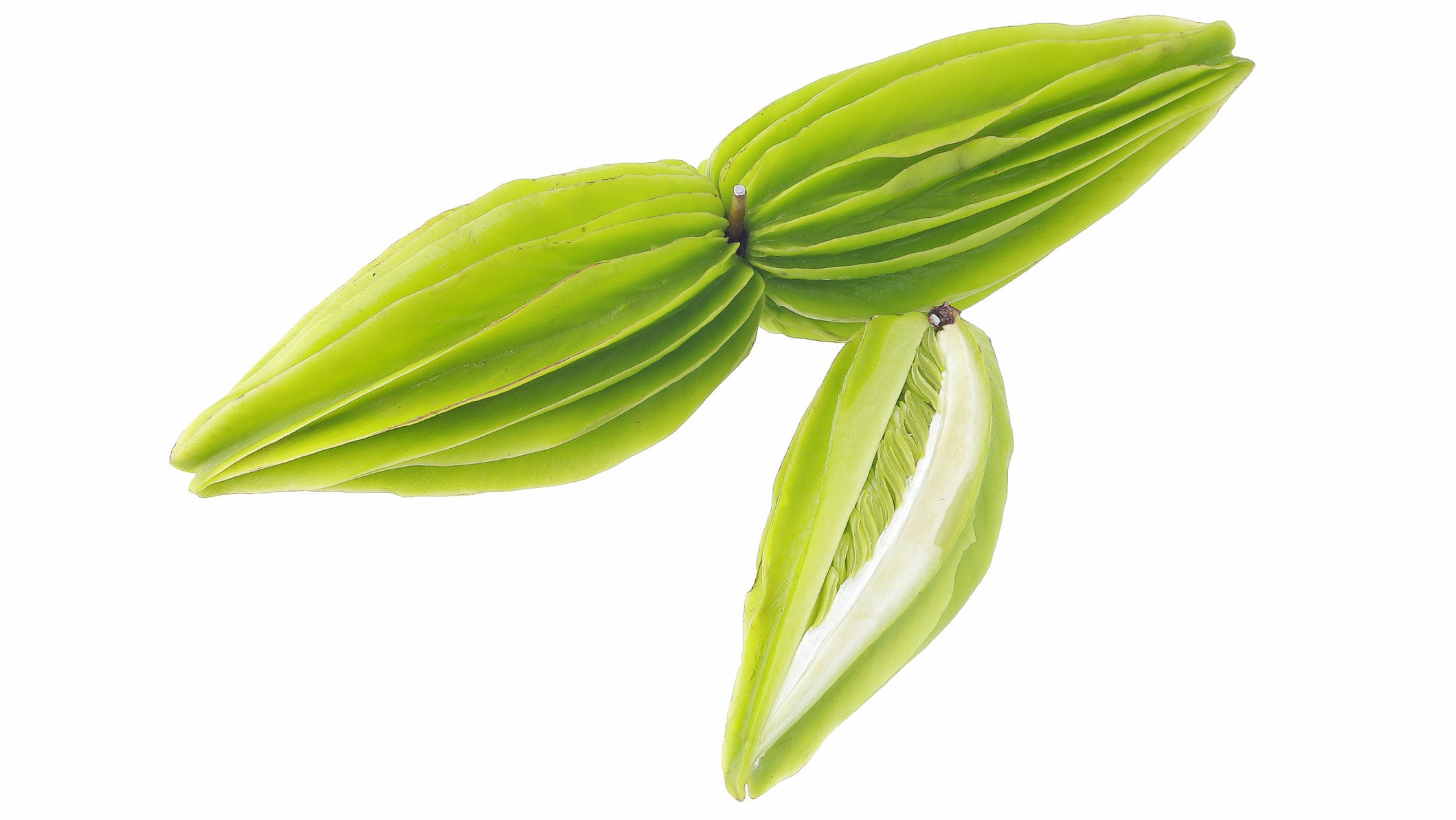The centre will cater to regional demands, such as providing sugar reduction solutions and plant-based meat alternatives.
Despite a raft of sugar taxes introduced in South East Asian countries, including Thailand and Philippines, Tereos said it was optimistic of its sugar and sweetener portfolio – a core business which brought in 57% of its total revenue of EU$5bn last year.
“I have heard that there are noises of potential sugar tax here (Singapore). I don’t know if it is coming, but sugar tax can be an opportunity for companies, because it is going to help them reformulate,” Alexandre Luneau, executive vice-president of strategic marketing, R&D, and market risk management told reporters during the opening of the centre.
“It used to be a lot about cost. In the past in the food industry, formulation was about cutting cost, how do I take an expensive ingredient out and then replacing it with a cheap one. Now, it is how do I take what is considered not as healthy into something which is healthier.”
“We see quite a shift there. It’s like how do I optimise and how I become even better and at the same time, meet specific consumer trends, that’s what we are trying to do.”
Fructose, maltose, fructo-oligosaccharides, and stevia were some of the main sweeteners that could be used to replace sugar, FoodNavigator-Asia learnt during a lab tour conducted by the firm.
For example, the use of fructose and maltose syrup is able to reduce sugar level by 25% in biscuits, while a combination of high fructose syrup and stevia can replace sugar entirely and cut down 30% of calories in a carbonated strawberry drink.
Not only does sugar reduction solutions fit into the region’s regulatory trajectory, the firm has also identified other benefits that come with sugar reduction.
An advantage is a lower production cost.
The firm explained that sugar is generally 20% to 30% more expensive than fructose as sugar is a highly regulated industry in Asia. Thus, the use of fructose will be more cost-effective.
In addition, sweeteners provide an ease of convenience as compared to sugar, since the latter needs to be heated and melted before it could be utilised.
The firm stressed the need to customise its solutions to “adapt to local tastes, habits, and even beliefs.” For instance, while sugar replacement is a key focus in Asia, diversification of sugar products will be key in Brazil, which is a huge sugar consuming market.
Plant-based meat
Plant-based meat is also another R&D focus of Tereos to meet the region’s demand for healthier food.
It has already launched plant-based meat brand Epi & Co in Europe – a clean label product that is free of e-number and additives.
Wheat protein, chick pea flour, and water are some of the main ingredients used.
Aside from sugar reduction and plant-based protein, the newly opened R&D centre in Singapore will also provide reformulation for a range of food applications.
In the first year, it will focus on the reformulation of noodles and beverage. Subsequently, it will work on the reformulation of cooking sauce, bakery, and human/ animal nutrition.
The firm with 68 years of history boasts a total of seven R&D centres under its belt.
One of its latest R&D centre was launched in collaboration with Wilmar in Shanghai last year. Some of the B2B projects undertaken include the use of fructose in carbonated drinks and reformulation of soy sauce.
Growing revenue
Tereos is aiming to trade a million tons of products in the coming years. Besides sugar and sweeteners, these products include alcohol, ethanol, proteins, and starch.
“With this new R&D centre, we can serve customers across the region, which will further accelerates our growth. For the next few years, we are targeting to grow our total business to about a million tons of products traded, that should contribute to about US$500m revenue”, said Philip Ho, the APAC commercial lead.
To achieve the target, it will develop new local customer base and serve global accounts at the same time.
At present, 30% of the firm’s sales are done in emerging markets, including Indonesia – the largest sugar importer in the world.
Besides R&D centre, it also has three production sites in Asia – two in China and one in Indonesia. Some of the main products include native starch and glucose.
R&D Partnerships
Tereos has identified a number of institutions it can potentially work with to advance its R&D. They include A*Star, National University of Singapore, Nanyang Technological University, and the Food Innovation and Resource Centre (FIRC) at Singapore Polytechnic.
Areas of research interest include 1) Asian functional food 2) carbohydrate metabolism and clinical studies on protein and glycemic response Vs Asian phenotypes 3) sugar morphology and sweet taste receptors and 4) the impact analysis of food texture on satiation Vs speed of ingestion.




